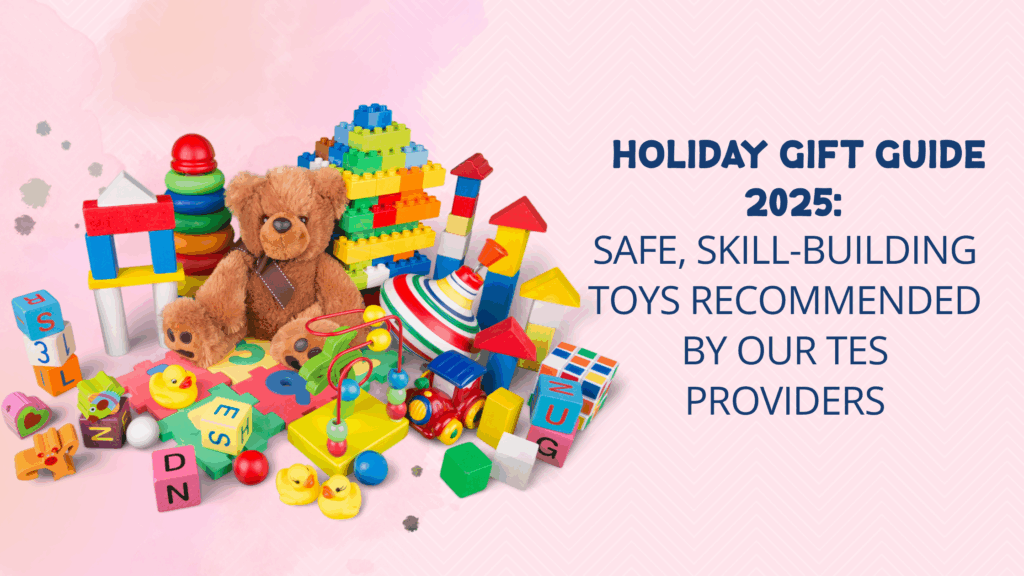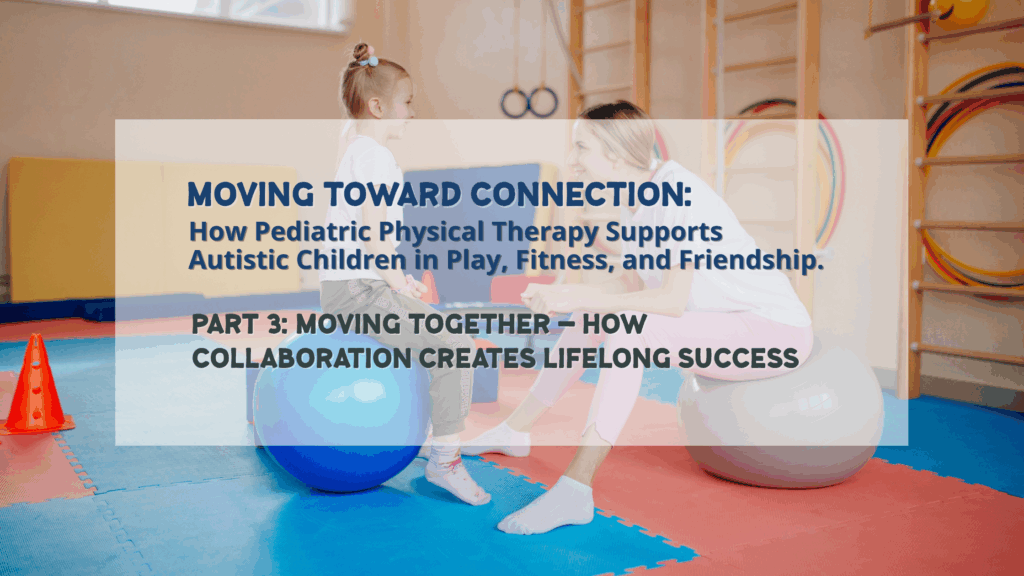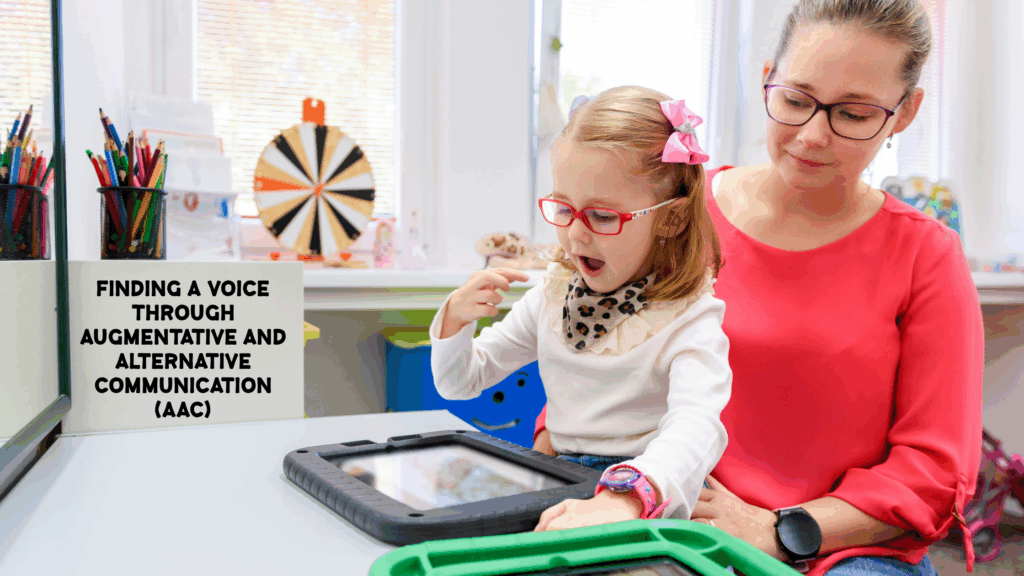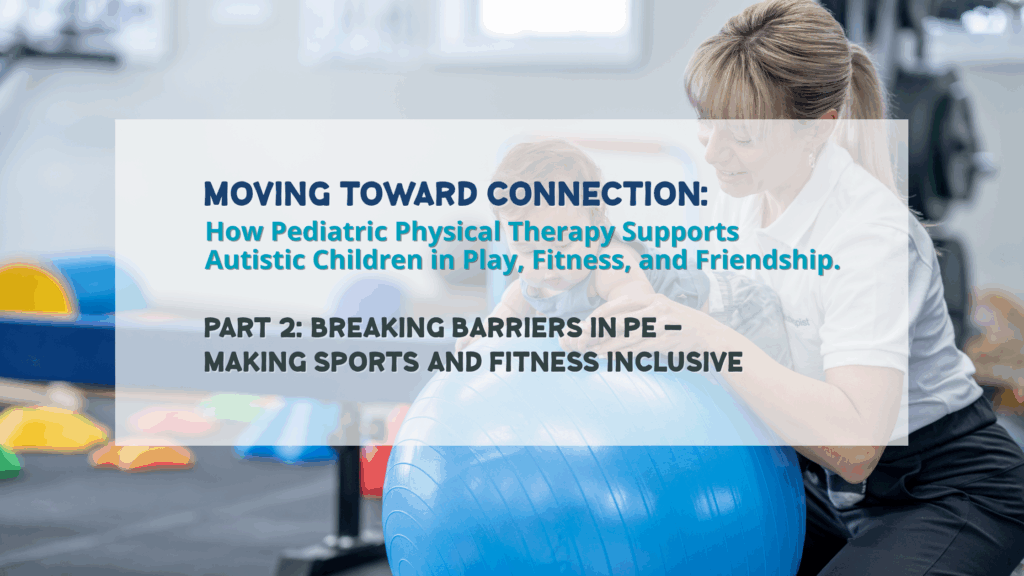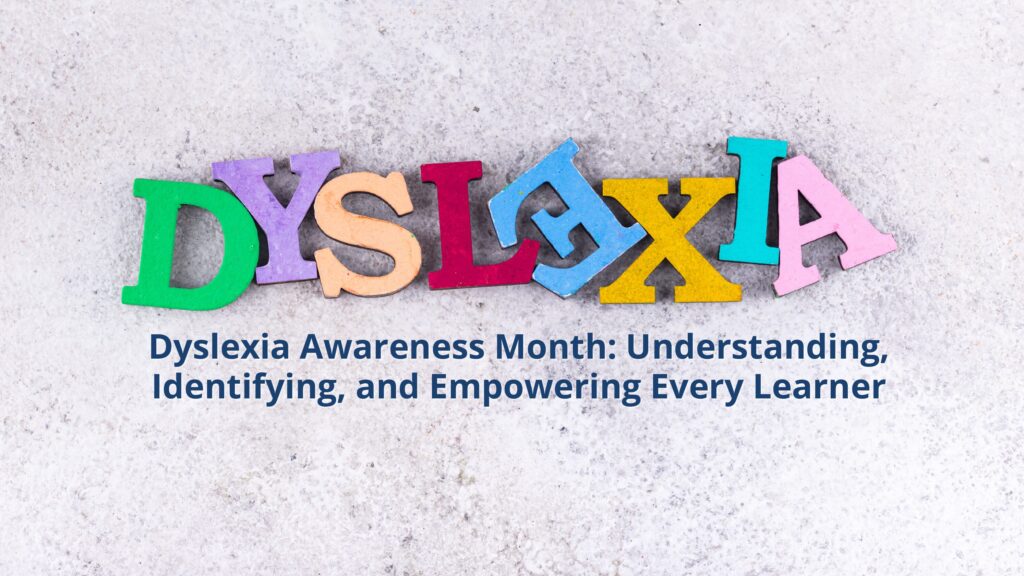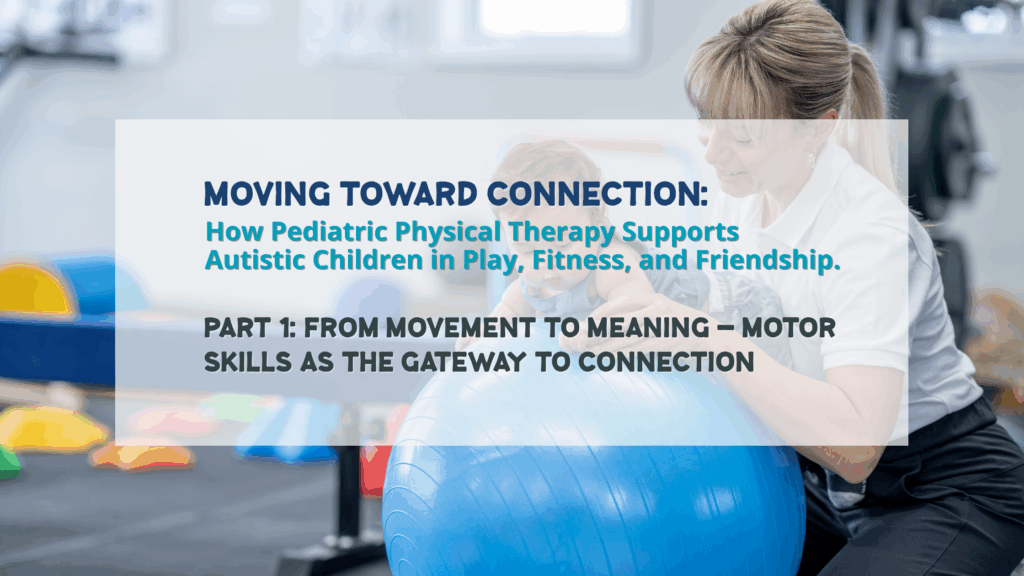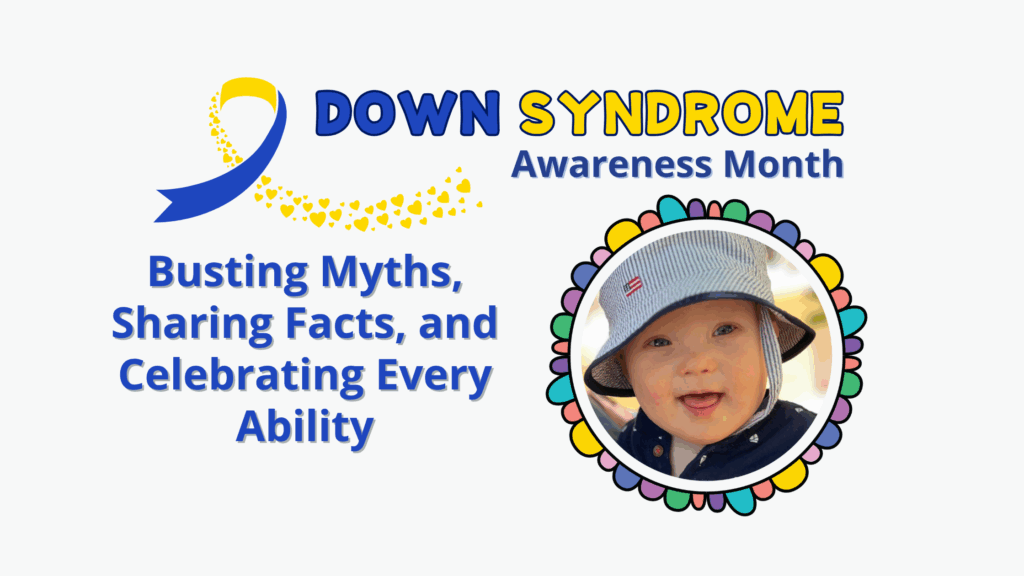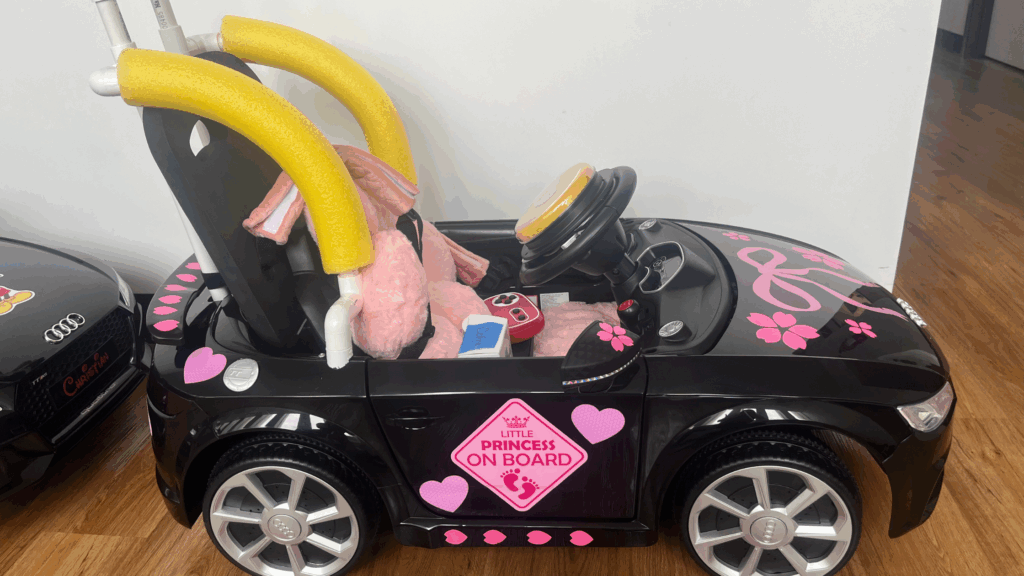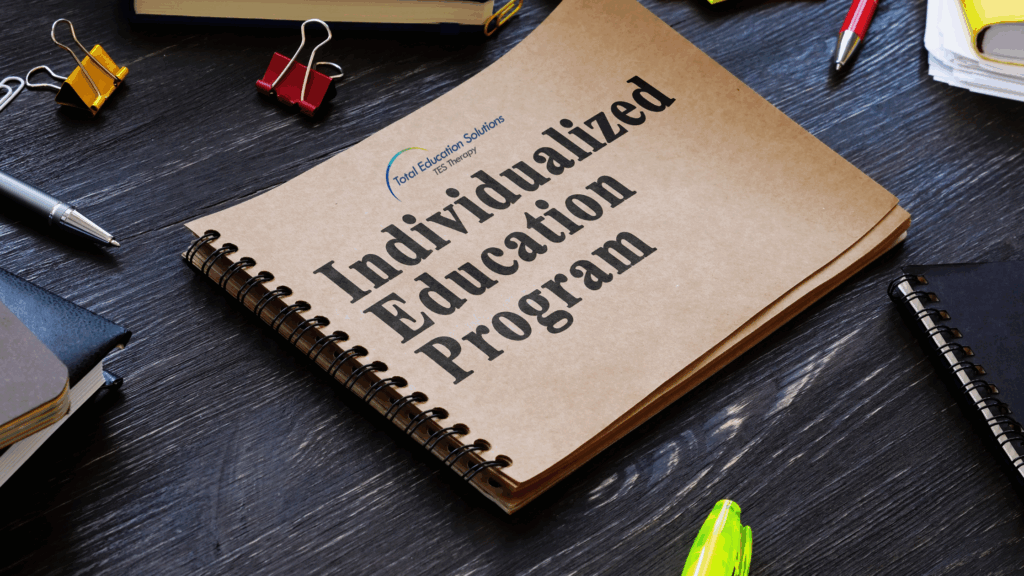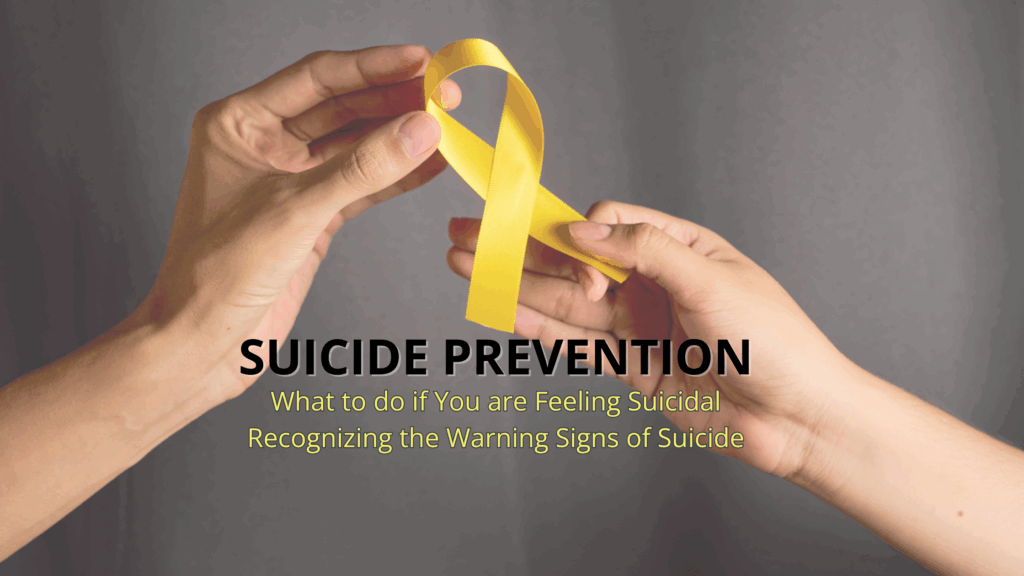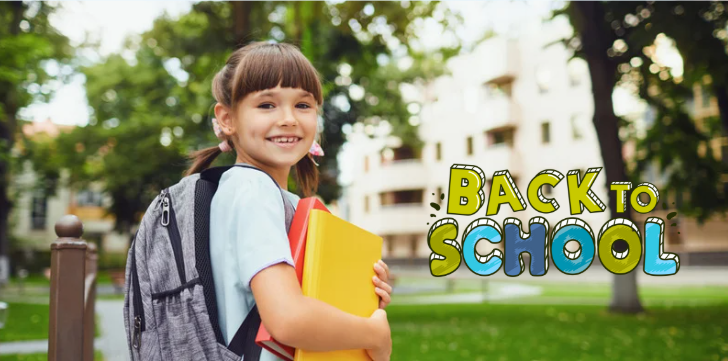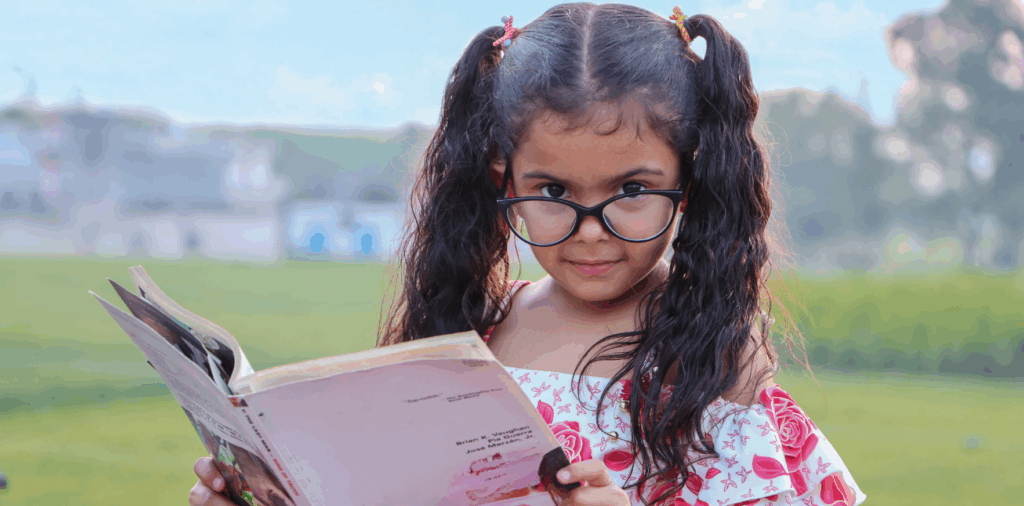As a parent of a soon-to-be kindergartener, you may be wondering what skills your child should practice in order to prepare for the academic challenges ahead of them. Kindergarten has become a more rigorous and demanding level of education in recent years, and children who are not adequately prepared may struggle. Luckily, there are many things you can do to help your child build the skills they need to thrive in kindergarten and give them the best chance of success possible.
We’ll discuss five key skills that your child should practice to be ready for kindergarten.
Institute Morning and Bedtime Routines
One of the best ways to carry out kindergarten prep is to create a regular morning and bedtime routine. This will help kids develop the important skills of time management and organization. A typical morning routine might include waking up at a set time, brushing teeth, eating breakfast, getting dressed, and packing a backpack. A bedtime routine might include taking a bath, putting on pajamas, brushing teeth, and reading a bedtime story.
To start, you can teach your kids how to practice completing all these necessary tasks without stressing out. It’s best to start with just a few tasks and then gradually add more as your child becomes more comfortable with the routine. It is also important to be flexible and allow for some wiggle room; kids can get cranky when things don’t go according to plan, just like adults.
Establishing a set early bedtime is just as important. Getting enough sleep is crucial for kids of all ages, but it is especially important for kindergarteners who are trying to adjust to a new school schedule. Exercise proper personal and dental hygiene so they can not only take care of their bathroom needs but also build confidence in their capabilities and start the day right.
As they get better at completing tasks independently, you can start to gradually remove yourself from the equation. Once they start kindergarten, your child should be able to complete their morning and bedtime routines with minimal assistance.
Above all else, be consistent. Good habits are fostered through repetition. The more you can stick to a set routine, the easier it will be for your child to develop good habits that will last a lifetime.
Read to Your Kids
Reading is one of the most important skills your child can learn, and it’s something that you can start working on long before kindergarten. Make reading a part of your daily routine by setting aside some time each day to read together. Not only will this help your child develop important reading skills, but it will also be a bonding experience for the two of you.
If you’re not sure where to start, try looking for children’s books that are specifically designed to help kids learn to read and are appropriate for your child’s current skill level. You can also try looking for books that are based on your child’s interests. If they love animals, try finding books about animals. If they like to build things, look for books about construction and architecture.
Make reading time fun by using different voices for different characters and acting out the story as you go along. This will help to keep your child’s attention focused on the book and make the experience more enjoyable for both of you.
Start by letting them listen to you read aloud without any interruption. Reading aloud to your child daily will help them develop phonemic awareness, vocabulary, listening, and reading comprehension skills. Then, as your child starts, encourage them to read aloud to you. This will help them build confidence in their abilities and give you a chance to see how they are progressing.
Reading helps your child build their vocabulary while stimulating their imagination. It is also a great way to learn about different topics and explore new interests by expanding their understanding of the world. By making reading a part of your daily routine, you can help your child develop the skills they need to be successful in kindergarten and beyond. Not only that, but it’s a great way to spend quality time with your child. They won’t stay that young forever.
Master Letter and Number Recognition
One of the key skills that your child will need to know before starting kindergarten is how to recognize letters and numbers. This may seem like a daunting task, but there are many fun and easy ways to help your child master this skill.We recommend that you start teaching them the letters of their name. This way they will not only learn the shapes of letters, but they also can associate them with sounds. You can then move on to teaching them how to read and sound the rest of the alphabet and numbers.
The next step entails helping them write letters and numbers. Books and worksheets are great resources for this, but you can also make your materials. Try using different mediums such as crayons, markers, paint, and even sand or shaving cream. This will help to keep your child engaged and allow them to explore different ways of writing letters and numbers while helping with fine motor skill development.
To keep things fun and interesting, incorporate games and cards with letters and numbers into your daily routine using catchy songs to keep them engaged and learning. There are many different games and kindergarten-ready activities that you can do to help your child master this skill. You can even make up your own. The important thing is to have fun and be creative.
As your child starts to become more familiar with letters and numbers, you can start to introduce them to simple words and phrases. These exercises will help them develop the skills they need to start reading and writing.
Practice Asking for Help
When children are very young they have limited communication skills and parents have to anticipate their wants and needs without them asking. By Kindergarten they’ll be expected to ask for help when they need it. Whether your child is verbal or nonverbal it is important to make sure they can communicate clearly when they need something.
Practicing this skill starts at home. Begin by emphasizing the importance of asking for help. Explain to your child that it is okay to not know everything and that it is better to ask for help than to struggle on their own.
Provide real-life examples of possibilities for your child to practice asking for help. You can do this by giving them simple tasks to complete and then asking them to tell you if they need help.
For example, you can ask them to put away their toys or brush their teeth. As they start to get more comfortable with the concept, you can increase the difficulty of the tasks.
Reinforcing that you are there to help them will make it more likely for them to ask for help when they need it. Moreover, to foster empathy and kindness, you can also model asking for help when you need it. This will show your child that everyone needs help sometimes and that it is nothing to be ashamed of. It will also encourage them to help others when they can.
Asking for help is a difficult skill for many children to learn. Practicing at home will help your child feel more confident about asking for what they want and make the transition to kindergarten smoother.
Perform Daily Tasks Independently
Your child will be expected to do many things independently once they start kindergarten. From tying their shoes to using the restroom by themselves, they will need to be able to do many things on their own for the first time.
You can start practicing this at home by gradually giving your child more responsibility for completing daily tasks. For example, you can start by having them brush their teeth and get dressed by themselves.
As they get more comfortable with these tasks, you can start to give them more responsibilities such as making their bed or setting the table.
It is important to give your child ample opportunity to practice these tasks so that they feel confident and independent when they start kindergarten. Plus carrying out these simple yet intricate tasks will help with fine motor skill development.
One of the best ways to do this is to create a routine. Having a set time for each task will help your child know what is expected of them and give them a sense of responsibility.
Allowing your child to perform daily tasks independently will not only help them feel more confident and capable, but it will also give you a much-needed break.
Here is a list of kindergarten-ready activities that will help your child be prepared:
- Tying their shoes
- Opening bags/containers/packaging in packed lunch/empty lunchbox
- Zipping pants
- Tending to their bathroom needs
- Making their bed
- Brushing their teeth
- Washing their face face
- Tidying up room
- Doing homework
- Taking a bath
Kindergarten is an Adventure that Requires Preparation and Practice
Starting kindergarten is an exciting adventure for both children and parents alike. It marks the beginning of a child’s educational journey and the start of their independent school life. However, it can also be a time of anxiety and trepidation for both parent and child.
However, with a little preparation, you can help your child feel confident and ready for anything. By teaching them essential skills such as how to ask for help and perform daily tasks independently, you are setting them up for success.
But remember, every child is different and will learn at their own pace. The most important thing you can do is to be there for them and provide them with the support they need to succeed.
With a little bit of kindergarten prep, you can help your preschoolers make a smooth transition into kindergarten and feel confident and ready to take on this new adventure.
To get you and your kid on the right track, sign up for our Kindergarten Readiness program.

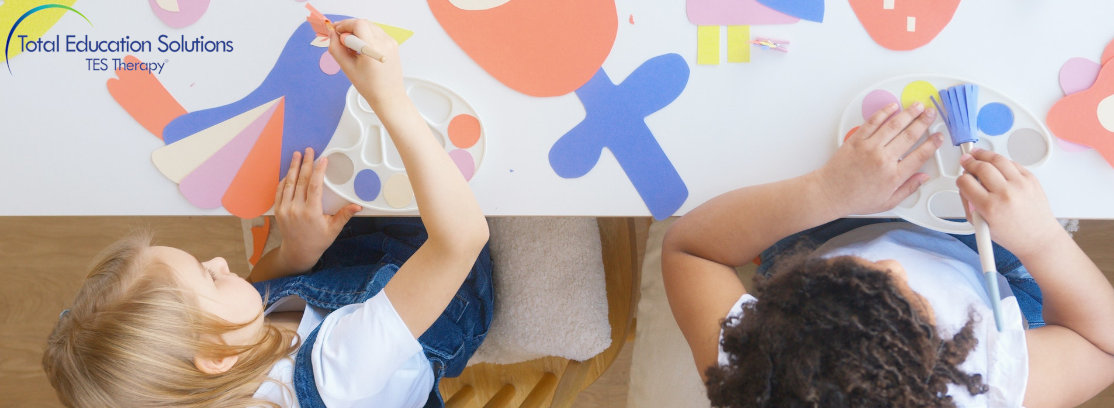
 17 May 2022
17 May 2022 